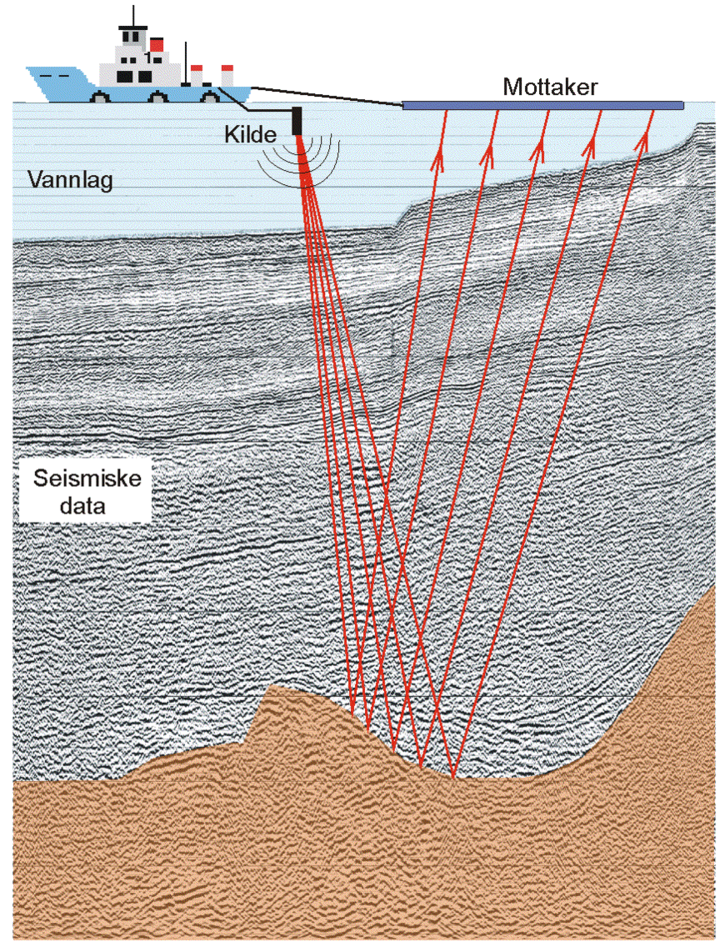All Categories
Featured
Table of Contents
Geophysical Surveys in Langford Australia 2020

Other possible geophysicist majors that aren't geophysics or geoscience include: Atmospheric sciences and meteorology Chemical and physical oceanography Earth science Environmental science Hydrology and water resources science Products science By earning any geophysicist degree, and by taking the needed geology courses, you must get approved for an entry-level position as a geoscientist or geophysicist.
Ultimately, trainees must learn: a branch of geology that looks at the various elements of minerals, including chemical composition, internal crystal structure, and physical homes. the study of rocks and the procedures and conditions that form and transform them with time. There are a few subdivisions in this branch of geology, consisting of igneous, metamorphic, and sedimentary rocks.

This field takes a look at structural rock functions such as cleavage, faults, joints, and small folds. They should likewise find out the computer skills required to: examine data create digital models and maps run geoscientists' software application Students must also take benefit of all opportunities to get real-world experience. Ambitious geophysicists should expect to spend time learning: in the classroom in the field in laboratories Certainly, abilities taught in the class are very crucial for aspiring geophysicists.
Geophysical Survey in Connolly Western Australia 2022
For example, geoscientists invest a great deal of their time outside when working in the field, so they must have "outdoor abilities" like outdoor camping and operating boats, airplane, and other automobiles. Since they invest so much time in remote areas, it's necessary that geophysicists likewise have the physical stamina to carry needed devices on their walkings to places of study.
The task uses: a high typical and top revenues a high rate of personal satisfaction amongst geophysicists low work stress positive job outlook Additional details on earnings potential and task outlook is detailed listed below. For students wanting to land an entry-level function as a geoscientist or geophysicist, it takes 4 years, or the time needed to complete a bachelor's degree in geophysics or an associated discipline.
Some research study positions in geophysics require postgraduate degrees. If you prepare to teach at a college or university, you need to earn a Ph. D. in geophysics or an associated field. The time it takes to earn a Ph. D. varies by organization and program, but it typically takes 4 to 6 years beyond the bachelor's degree.
Geophysical Engineerskills And Knowledge in Innaloo WA 2023
In truth, many companies require candidates to have a bachelor's degree in geophysics or a carefully associated discipline for all entry-level positions. And, in some cases, employers need a master's degree. As an outcome, there's no other way around the degree requirements for ending up being a geophysicist. Most employers will anticipate or need a practicing geologist to be licensed for positions beyond those at the entry level.
Currently, 31 states require licensing for geologists, although licensing is not always needed, specifically for entry-level work. The states that do concern licenses use the Fundamentals of Geology Examination (FGE), which is administered through the National Association of State Boards of Geology (ASBOG). Now that you know which degree for geophysicist jobs you need, you'll require to land a task, and it's crucial to learn just how much cash you can make in this profession.
According to BLS, the mean annual wage for geoscientists is $93,580. The most affordable 10% of earners earn less than $52,000, while the highest 10% earn more than $201,000 every year. Earnings vary by industry type and geographic area. According to BLS, specific markets offer greater salaries for geoscientists, and in some cases, they provide higher-than-average profits.
What Is Geophysics? in Lakes Australia 2020
Mining, quarrying, and oil and gas extraction uses over $32,000 more yearly than the typical annual wage for this profession. The federal government, too, offers over $10,000 more in incomes than the national average for geoscientists. In addition to market type, geographical location can significantly affect profits for this occupation.

The top-paying states and their annual mean wages, according to the BLS, consist of: Texas $166,720 Oklahoma $149,630 Pennsylvania $120,590 Hawaii $120,130 Colorado $107,260 These five top-paying states offer much higher wages than the average for this occupation. In truth, incomes for geoscientists in Texas are over $73,000 higher than the nationwide average.
It needs to come as not a surprise that many of these high-paying areas are in Texas and Oklahoma, but some are found in California, Louisiana, and Colorado. The top 10 highest-paying metro locations for geoscientists are: Houston-The Woodlands-Sugar Land, Texas: $188,400 Tulsa, Oklahoma: $186,490 Midland, Texas: $167,040 Odessa, Texas: $147,080 Oklahoma City, Oklahoma: $145,350 Bakersfield, California: $130,080 Urban Honolulu, Hawaii: $124,470 New Orleans-Metairie, Louisiana: $121,030 Washington-Arlington-Alexandria, DC, VA, MD, WV: $120,180 Denver-Aurora-Lakewood, Colorado: $116,910 For some geoscientists and geophysicists, living in a metro city is not as appealing as living in a smaller neighborhood.
Latest Posts
What Should I Do To Be A Geophysicist? in Subiaco WA 2022
Geophysicist - Jobs And Skills Wa in Midland Western Australia 2023
Career Guide: Geophysicist in Tapping Aus 2022